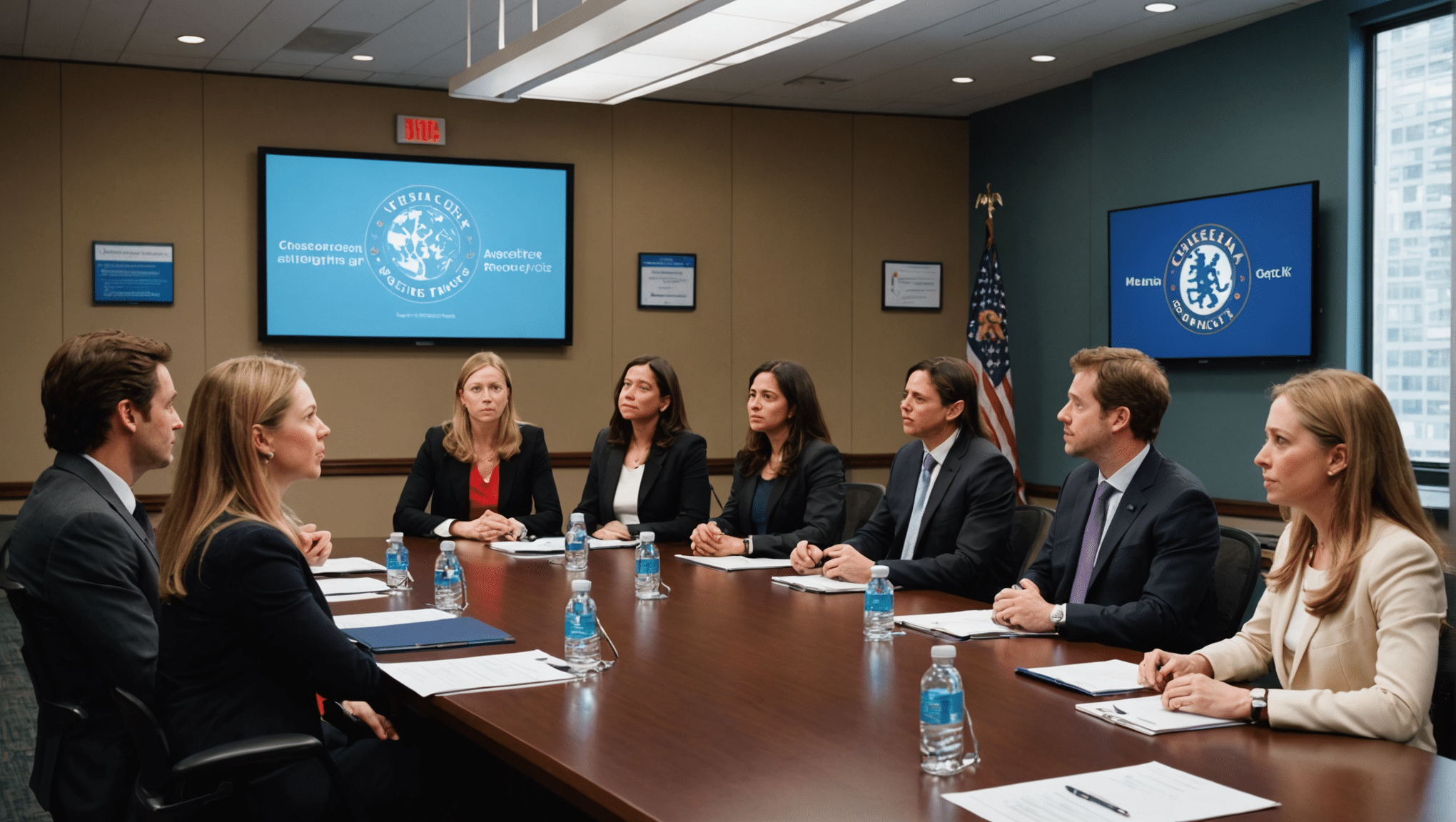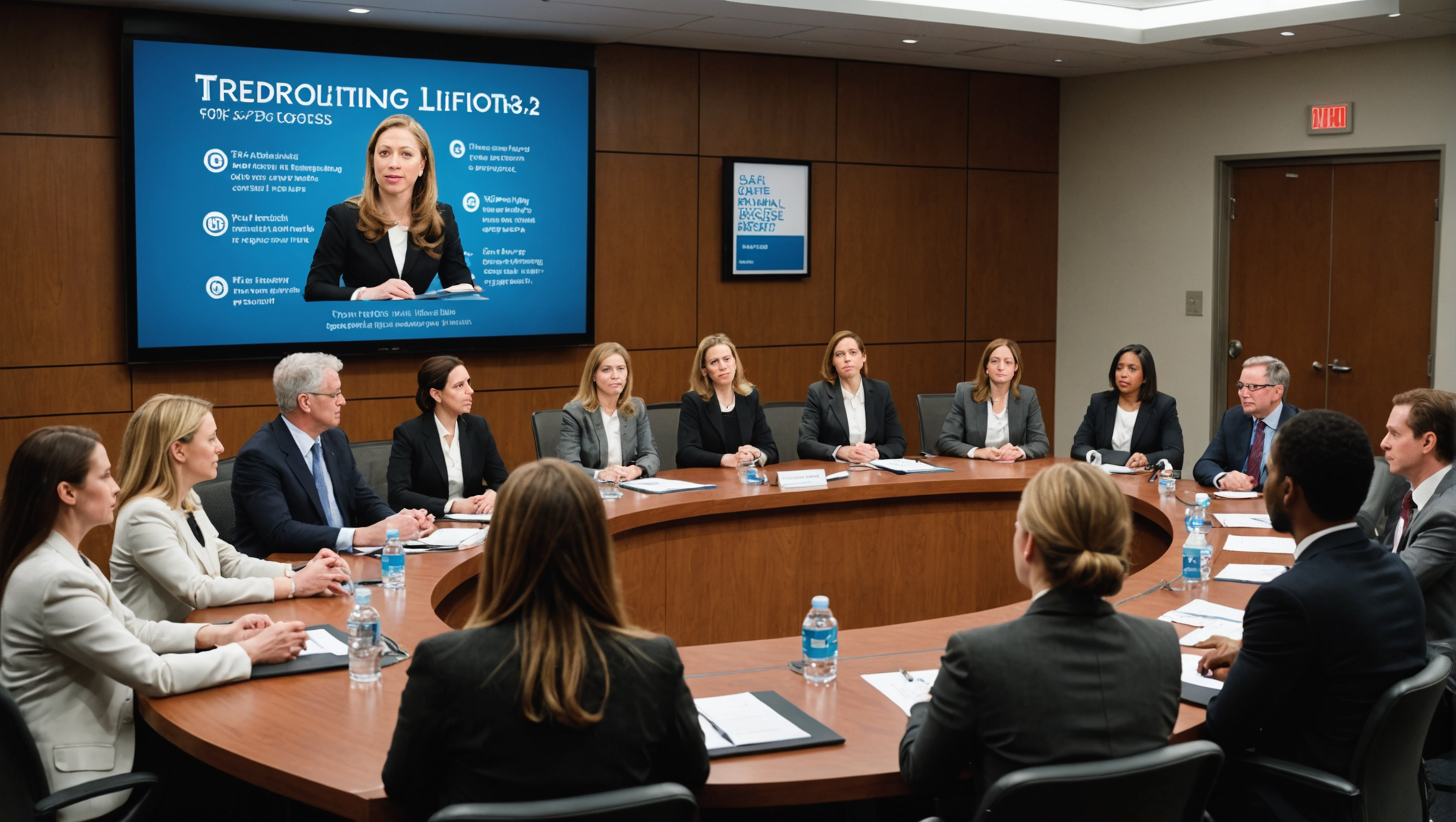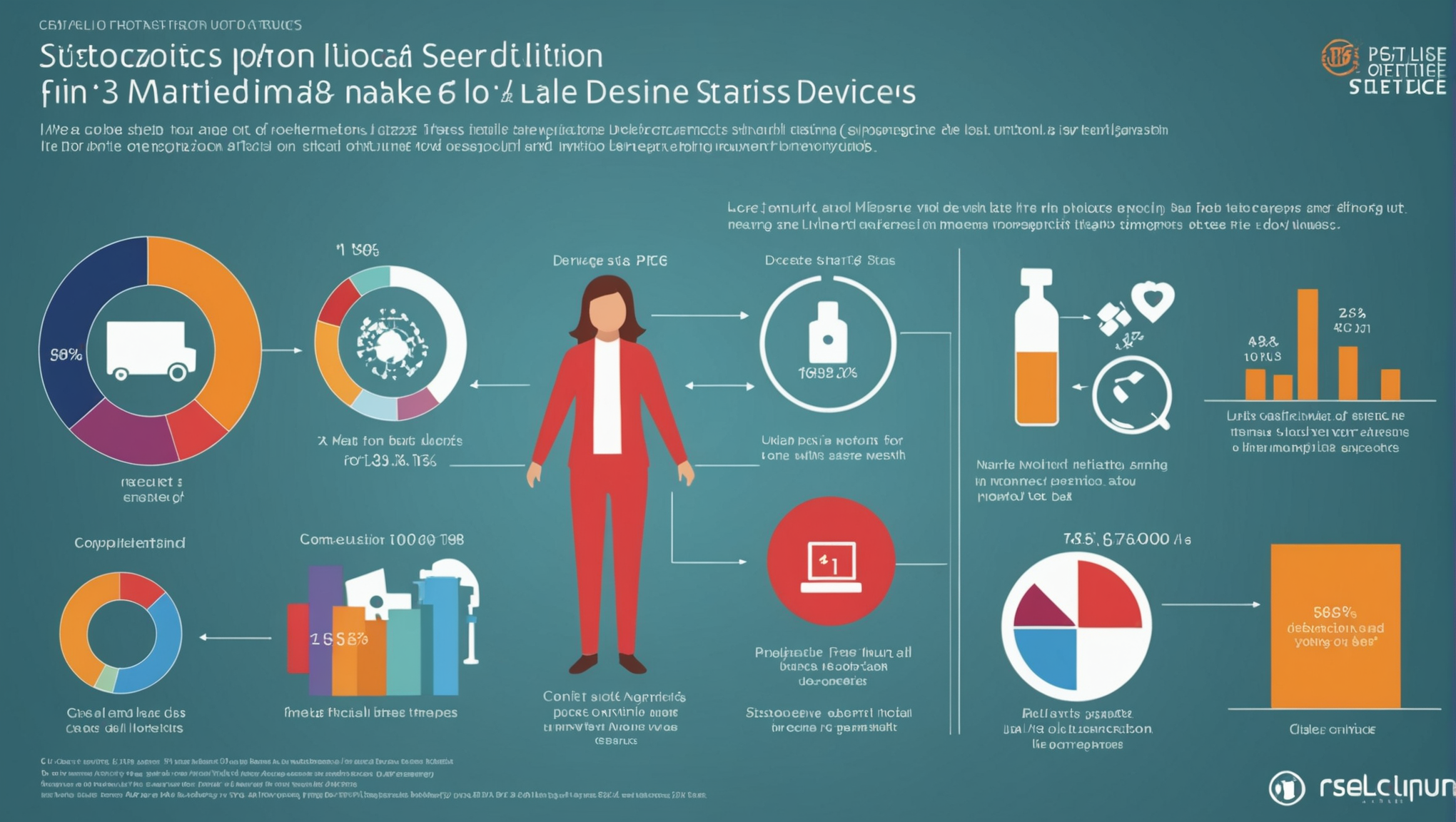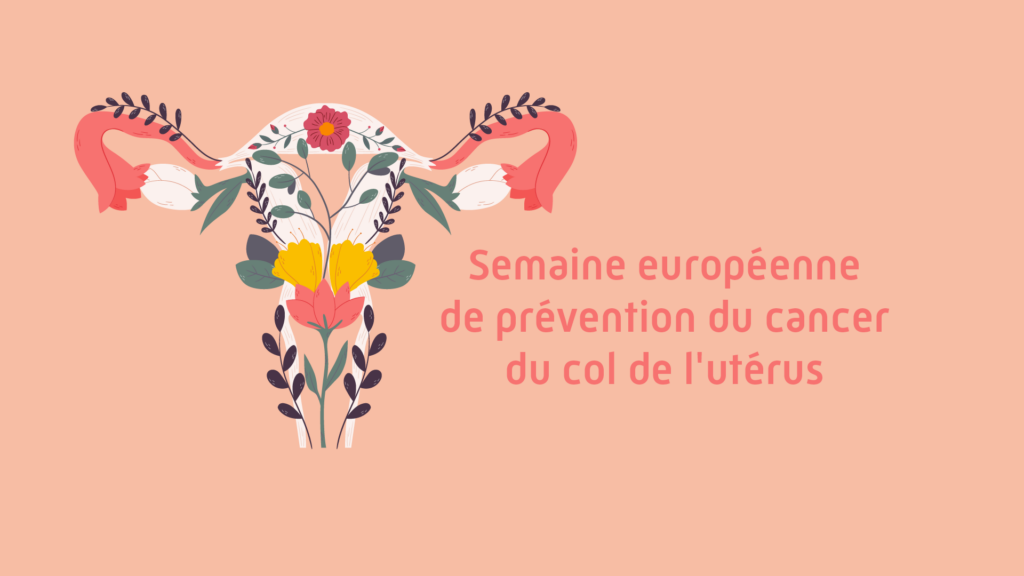In the context of the impending elections, Chelsea Clinton raises crucial issues around reproductive rights that are not limited to abortion ballot initiatives. During a recent discussion in Las Vegas, she shared three essential points to understand, touching on the scope of reproductive rights beyond the ballots, the need for education strengthened reproductive health for young people, and implications significant for the medical field. Each of these dimensions deserves particular attention, revealing the importance of the issue within the current electoral landscape.
Chelsea Clinton recently addressed the issue of reproductive rights, emphasizing the importance of being aware of several issues that transcend simple electoral debates. Here are three essential points:
1. Reproductive rights beyond presidential elections: Abortion rights not only affect the presidential election, but also many other local elections that can influence access to these rights.
2. Education is crucial: Clinton emphasizes the need to improve reproductive health education for young people to help them make informed choices throughout their lives.
3. Implications for the medical profession: She emphasizes that current medical training, particularly with regard to menopause and abortion care, is insufficient, impacting the future of health care.

Chelsea Clinton recently drew attention to the issues of reproductive rights during a panel at HLTH 2024. She highlights the importance of considering these rights beyond presidential elections. Indeed, access to abortion is a hot topic, but it is not the only one at stake. Elections for governors, attorneys general and judges also have a direct and significant impact on the reproductive rights legislation. Clinton insists that every vote has consequences that go far beyond just the results of the presidential election.
education and reproductive health
Another essential dimension addressed by Chelsea Clinton is that of the importance ofeducation in matters of reproductive health. She pleads for better information for young people on subjects related to reproduction. Historically, young people had access to reproductive health training that allowed them to make informed decisions. Today, this education is often deficient, which can have serious consequences on the life choices of young adults. By reviewing educational programs, we could certainly improve the situation of future generations.
impact on the medical sector
The final point Clinton made concerns the impact of the legislation on the training of health professionals. Currently, according to him, only four hours of training on menopause are dedicated to medical students during their studies. This reveals a very low priority given to these issues in the educational framework. Additionally, in states prohibitingabortion, future doctors do not receive adequate education on the abortion care support. This could have profound repercussions on the future of the medical profession and on the services offered to patients.
En 2023, l'Italie devient hostile aux droits reproductifs malgré des progrès dans d'autres pays. Des lois régionales et propositions de loi menacent l'accès à l'avortement sécurisé, rendant la situation de plus en plus préoccupante.
— Fondation Médecins du Monde (@fondation_mdm) October 10, 2024
4/n
The debate on reproductive rights has become a crucial issue in the political landscape, and Chelsea Clinton is playing a significant role in this conversation. During a recent panel at HLTH 2024, she highlighted three essential elements that healthcare professionals need to keep in mind, especially as the elections approach.
First of all, it is imperative to understand that reproductive rights are not just limited to presidential elections or abortion-related initiatives. According to Clinton, many other elected offices, such as those of governors, attorneys general and judges, also influence access to reproductive rights. This point is crucial to encourage voters to take into account all the candidates and the laws at stake when voting.
Next, Clinton emphasized the importance ofeducation in matters of reproductive health. She noted that many young people lack essential information that would help them make informed choices. Appropriate reproductive health education can not only prepare adolescents to make informed decisions, but also support them in their adult lives. Clinton’s experience in the Arkansas public school system speaks to the importance of accessible and responsive education.
Finally, Clinton warned of the implications for the medical field. She highlighted that inadequate training on topics such as menopause and abortion could have long-term impacts on the medical profession. This inadequacy indicates gaps in the training of future doctors that could affect their ability to provide appropriate reproductive health care. Therefore, public health and human rights are inextricably linked to preparing health professionals for the future.












